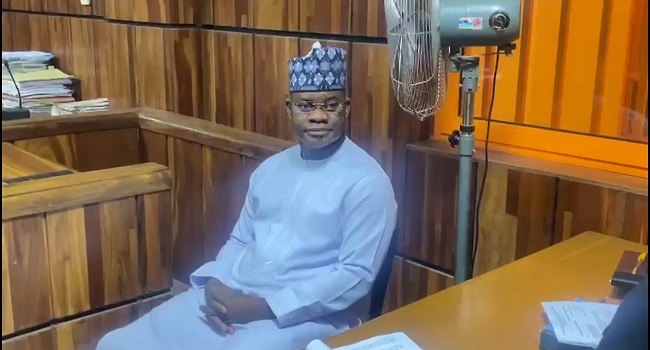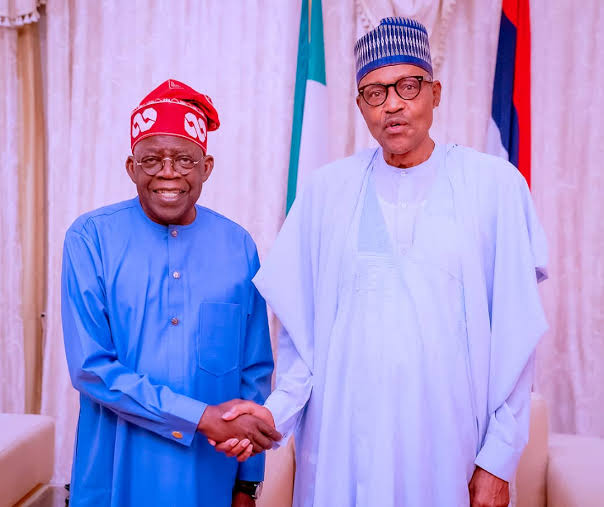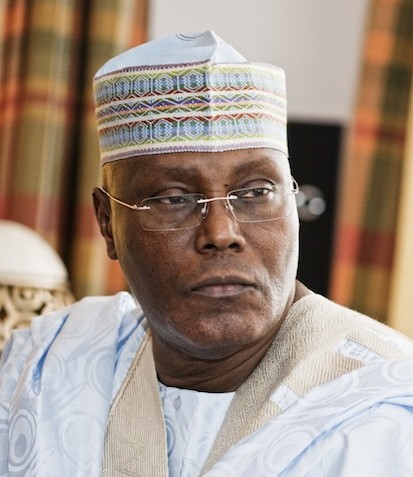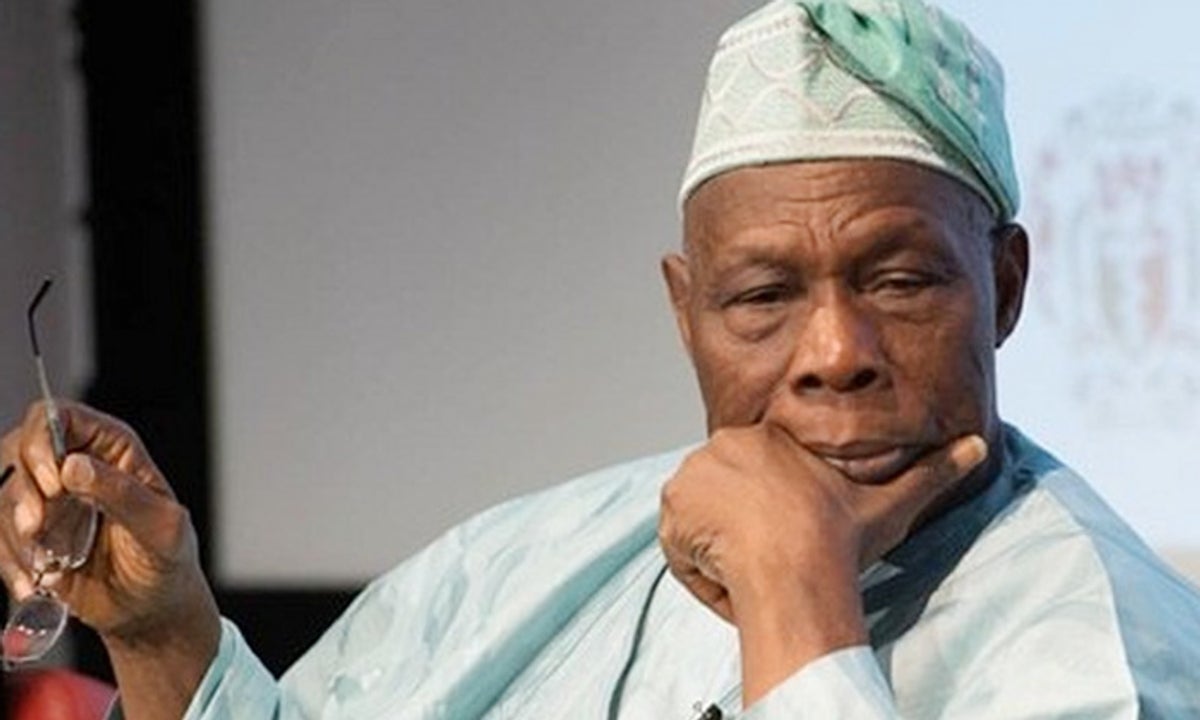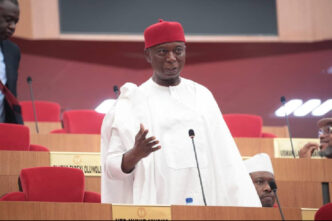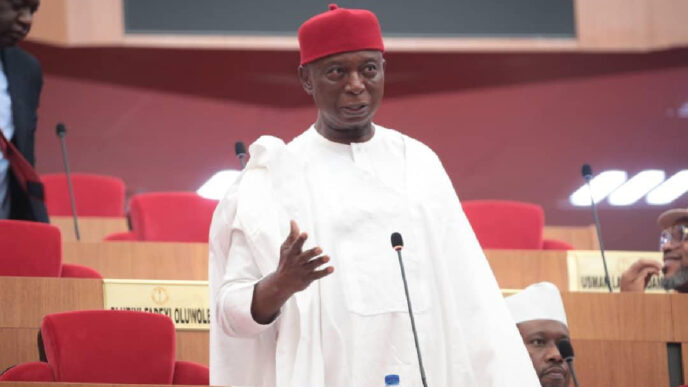United States has deported five migrants convicted of violent crimes to Eswatini, a small African kingdom, amid a diplomatic row with Nigeria.
Gatekeepers News reports that the deportees, originally from Cuba, Jamaica, Laos, Vietnam, and Yemen, were removed from the US because their home countries refused to accept them back.
According to the US Department of Homeland Security (DHS), the individuals were convicted of serious offenses, including child rape and murder. “These criminal illegal aliens are so uniquely barbaric that their home countries refused to take them back,” the DHS wrote in a statement.
This move follows an earlier US Supreme Court ruling that allowed the Trump administration to continue deporting undocumented migrants to third countries not of their origin. Recently, the US deported another group of eight convicted criminals to South Sudan.
The development has sparked tension between the US and Nigeria, with Nigerian Foreign Minister Yusuf Tuggar rejecting suggestions that Nigeria had agreed to host deported migrants from Venezuela or any other country.
“We already have over 230 million people,” Tuggar said. “It will be unfair for Nigeria to accept 300 Venezuelan deportees. You will be the same person that will castigate us if we acquiesce to accepting Venezuelan prisoners into Nigeria.”
Tuggar also criticized the US visa restrictions imposed on Nigerian citizens, stating that they were not reciprocally justified and appeared to be part of a broader pressure campaign. The new visa measures limit non-diplomatic Nigerian travelers to single-entry visas valid for three months.
Despite the diplomatic tensions, Tuggar signaled that Nigeria is focused on strategic engagement with the US in other sectors, citing natural gas, rare earth minerals, and critical technology resources. Nigeria is in talks with the US to resolve diplomatic tensions, but accepting deported criminals is off the table.
“We have enough problems of our own,” Tuggar said, emphasizing Nigeria’s position.


